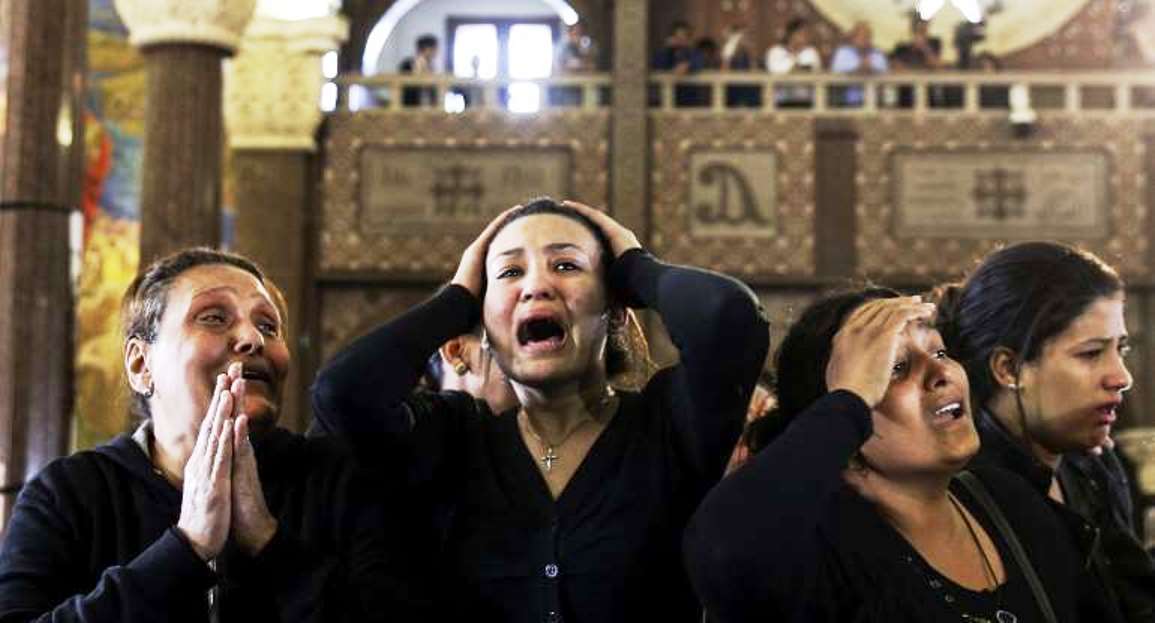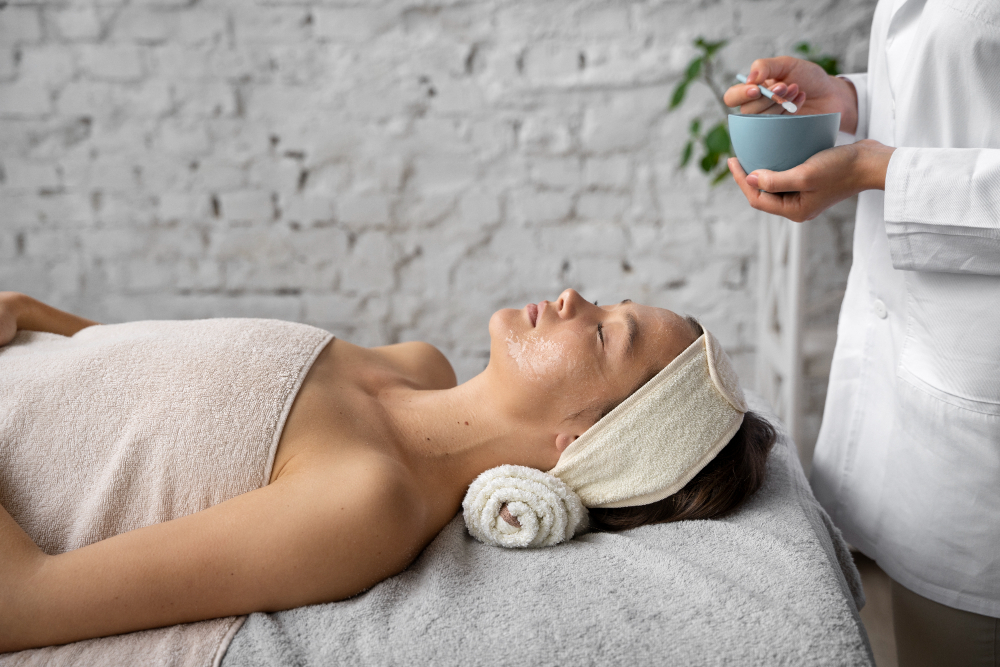In the latest study, “Women, Business and the Law: Freedom and Opportunity,” researchers looked at 35 indicators to identify which countries had the most unfair laws for women. These laws affect women’s freedom to go where they want, earn an income, get married, have children, run their own business, and manage their assets. The study also focused on how many women have access to healthcare and pensions.
Saudi Arabia
The male guardianship system in Saudi Arabia has led to a significant decrease in the status of women, preventing them from exercising their rights, having economic opportunities, and accessing family records. Until recently, Saudi women had to obtain permission from male guardians to hold jobs and obtain family records. Saudi women also faced many difficulties when it came to enrolling their children in school and obtaining family records. Today, women in Saudi Arabia are given limited freedoms and must be accompanied by male guardians at all times.
While the country has made strides towards gender equality in recent years, many sex-based rights still remain under threat. Most women must seek approval from male guardians in order to leave the country, and most men cannot legally emancipate their daughters without the permission of their guardians. Meanwhile, female genital mutilation (FGM) is still commonplace in Saudi Arabia, both within the country and among the foreign community. One recent study found that nearly one in five Saudi women had undergone this practice.
Russia
In a country where gender equality is still a problem, why do Russian women suffer from unfair laws? This article looks at the issue from two sides. The first is from a woman’s point of view. Russian women face a disproportionate number of discriminatory laws in the workplace. First, they are less likely to be arrested than men, and second, they do not receive equal pay for the same work. Third, women are often denied equal opportunities for promotion and advancement.
In addition to these unfair laws, women in Russia face the pressure of “traditional values.” These norms are causing a plethora of problems for women, from increased mortality rates during childbirth and perinatal mortality to poor access to medical abortion. Additionally, women in Russia face the social and economic challenges of poverty, including alimony debts and an inadequate system of state support for single mothers. Ultimately, this problem must be addressed if Russia hopes to become a more equal society.
Syria
There are many problems with the situation in Syria regarding women’s rights. The Syrian government is preventing women from accessing justice and preventing them from joining organizations that work on gender equality. Women are barred from performing dangerous or immoral jobs, and they are often forced to work in the home. Women with university degrees are often able to find employment, but those in rural areas do not have the same opportunities. They are often forced into domestic work for little to no pay.
The Syrian penal code condones violence against women. There is no law against marital rape, so women have little legal recourse if their husbands assault them. However, a judge may reduce a man’s sentence if he commits an honor crime, such as murdering, beating, or injuring his wife. Despite the fact that women have legal protection, most women do not report abuse.
Egypt
The Sharaf government has reaffirmed its control over women’s rights, but independent organizations are continuing to campaign for a more equal relationship between the state and society. While foreign aid has promoted the state’s role in civil society, and even made some funding earmarked for women’s rights, it has also complicated the financing of independent organizations. Some observers speculate that foreign donors hope to funnel funding through the state to protect women.
The current bill does not recognise the full legal capacity of women and undermines their agency. Another recent case of gender discrimination involves marriage contracts. Women would not be allowed to contract marriages unless they were already married, and their marriage would be voidable unless they had previously been married to a male guardian. The bill was presented to the parliament last year, sparking an enormous amount of discussion, but parliamentarians failed to come to a consensus.
Gabon
Three bills have been approved by the Gabon council of ministers to amend the country’s criminal and civil codes. These laws seek to improve the status of women, reduce violence against them, and promote gender equality. These bills also seek to increase women’s access to finance and employment. Furthermore, they would allow married women to become the official head of household. Women would also be freed from the yoke of wifely obedience, which is a common practice in Gabon.
The law enforcement in Gabon falls under the French model, which requires a centralized, multiple coordinated system. The police force is made up of Gabonese citizens, which is a significant distinction in African countries. The police force in Gabon, like that of many other African countries, follows the State/Police Model. However, police investigations in Gabon are slow and often involve bribery requests.
Venezuela
In a country where societal norms are based on male supremacy, it is important to recognize the rights of women, especially those who are underprivileged. Sexual and gender-based violence are pervasive and can affect any group, from the rich and powerful to the poor and marginalized. In Venezuela, one woman is killed every 28 hours. Many women’s organizations have called for a National Action Plan to combat gender-based violence.
Human rights lawyers have complained of arbitrary detention, and the UN-contracted investigation has uncovered two hundred and sixty-one cases of arbitrary arrest. In one case, a lawyer was attacked by a member of the National Guard during a demonstration by renal and cancer patients. This lawyer was charged with resisting authorities and inciting criminal activity, but was released on condition that he report to court every thirty days. The government has also been accused of targeting critics of its policies. During the 2016 presidential election, many people opposed to the Maduro regime were fired from government jobs.





